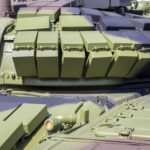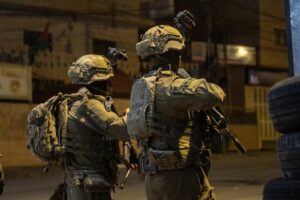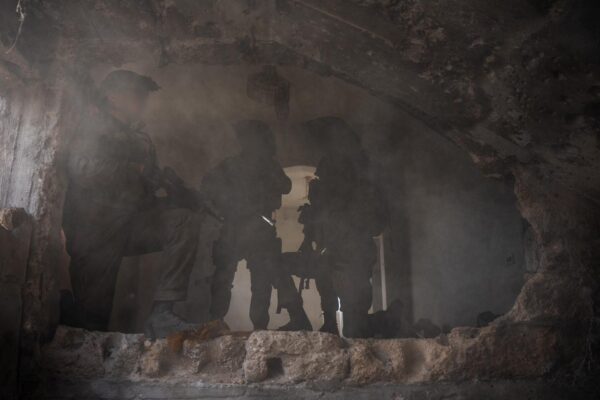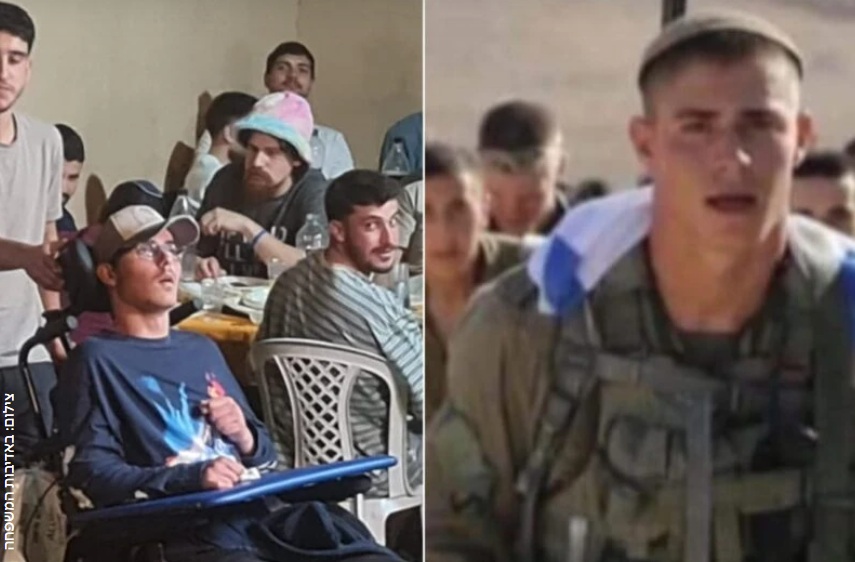The IDF has pioneered methods like “roof knocking” a non-lethal munition dropped on a building to warn civilians of impending strikes
By Hezy Laing
Critics often focus on the tragic consequences of war, especially in densely populated areas, where terrorists use civilians as human shields. But documented efforts show that the IDF has institutionalized a culture of restraint and responsibility.
In many cases, it sacrifices tactical advantage, such as the element of surprise, to uphold its commitment to civilian protection. There’s compelling evidence that IDF not only adheres to international humanitarian law but often exceed its requirements in their efforts to protect civilians during military operations.
One of the most striking examples comes from the IDF’s conduct in urban warfare, particularly in Gaza.
According to John Spencer of the Modern War Institute, the IDF has implemented more civilian protection measures than any military in history.
These include unprecedented levels of pre-strike warnings: over 70,000 direct phone calls, 13 million text messages, and 15 million pre-recorded voicemails were sent to civilians in Gaza to advise evacuation routes and safe zones before operations began.
This level of communication goes far beyond what international law mandates, which typically requires only “effective warning” when feasible.
In addition, the IDF has pioneered technologies like “roof knocking”—a non-lethal munition dropped on a building to warn civilians of an impending strike.
This tactic is designed to give residents time to evacuate before a precision strike is carried out against a legitimate military target.
Such measures are not required by the Geneva Conventions but reflect a proactive approach to minimizing harm.
The IDF also integrates humanitarian aid into its operations.
During the al-Shifa hospital raid, Israeli forces reportedly brought food, water, and medical supplies, and were accompanied by doctors to assist Palestinian patients.
This dual role—engaging hostile forces while simultaneously caring for civilians—is virtually unheard of in modern warfare.
Technologically, the IDF employs precision-guided munitions and AI-enhanced targeting systems to reduce collateral damage.
Innovations like the Iron Sting mortar and Smart Shooter’s Dagger sight allow for pinpoint accuracy, turning ordinary soldiers into precision marksmen and drastically lowering the risk to non-combatants.
Legal oversight is another area where the IDF goes beyond the norm.
Internal investigations are routinely conducted following operations that result in civilian casualties, and soldiers receive ethics training that includes consultation with rabbinical authorities to ensure compliance with both Israeli law and Jewish moral principles.
Prof. Willy Stern of the Vanderbilt Law School spent time embedded with IDF legal teams and frontline commanders, documenting how the IDF used extensive warnings—phone calls, leaflets, and media broadcasts—to evacuate civilians before strikes.
“It was abundantly clear that IDF commanders had gone beyond any mandates that international law requires to avoid civilian casualties,” he said.












































